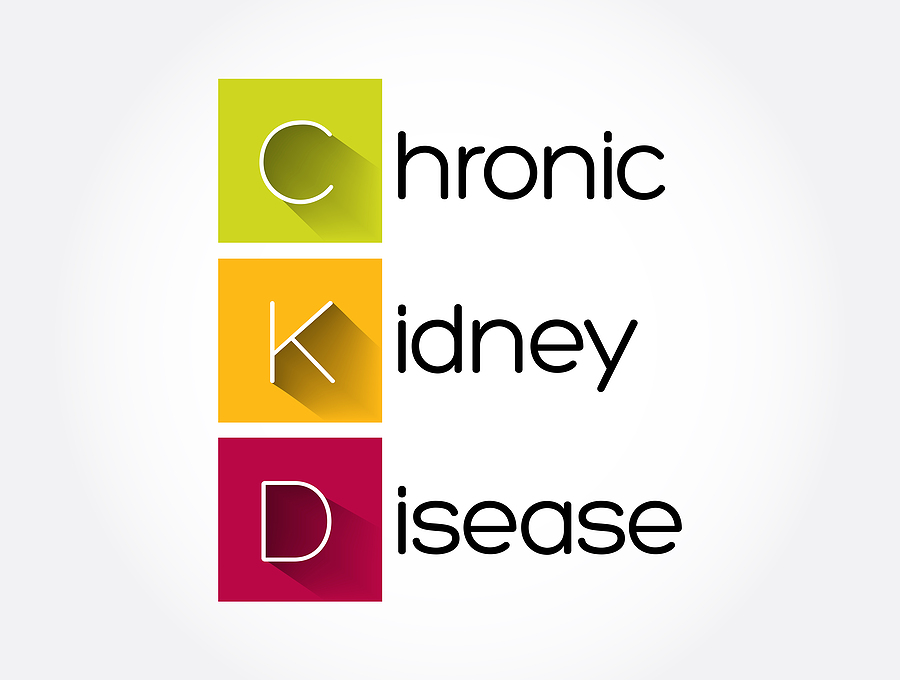The U.S. Department of Veterans Affairs (VA) and the Federal Aviation Administration (FAA) operate under fundamentally different mandates. The VA assigns disability ratings to compensate veterans for service-connected impairments. The FAA, in contrast, is solely focused on aviation safety and requires that pilots meet strict medical standards to be certified to fly. Nowhere is the contrast between these disparate missions more stark than in the realm of mental health.
Even a 10% VA Rating Raising Serious Safety Concerns
Many veterans assume that a “low” VA rating for mental health is minor and may not raise concerns with the FAA. But by the 38 CFR definition, even a 10% rating reflects “occupational and social impairment…which decreases work efficiency and ability to perform occupational tasks…during periods of significant stress.”
That is a problem when it comes to medical certification. From the FAA’s perspective—and presumably from the perspective of most airplane passengers—the ability to perform under “periods of significant stress” is one of the most essential qualities a pilot must have. Once the VA identifies a mental health condition severe enough to warrant any disability, pilots need to meet a high burden of proof to dispel the related aviation concerns.
In practice, FAA certification is rarely granted, especially for Class 1 or 2 pilots, if a veteran holds even a 10% service-connected rating for a mental health disorder, unless they go through an extensive and burdensome special issuance process. In most cases, the FAA views the minimum threshold for VA compensation as fundamentally incompatible with unrestricted flight privileges.
VA Mental Health Ratings: A Closer Look
The VA uses the General Rating Formula for Mental Disorders to assign compensation levels in increments from 0% to 100%, based on the severity of symptoms and the degree of occupational and social impairment.
| VA Rating | Description of Impairment |
| 0% | A mental health condition is formally diagnosed. However, symptoms are not severe enough to interfere with work or social functioning or to require continuous medication. |
| 10% | Occupational and social impairment due to mild or transient symptoms that decrease work efficiency and ability to perform tasks only during periods of significant stress, or symptoms controlled by continuous medication. |
| 30% | Occasional decrease in work efficiency and intermittent periods of inability to perform tasks, with symptoms such as depressed mood, anxiety, suspiciousness, panic attacks (weekly or less), chronic sleep impairment, or mild memory loss. |
| 50% | Reduced reliability and productivity due to symptoms like flattened affect, impaired judgment, disturbances of motivation and mood, or difficulty establishing and maintaining relationships. |
| 70% | Deficiencies in most areas, such as work, family relations, judgment, or mood. Symptoms may include suicidal ideation, obsessional rituals, near-continuous panic or depression, and impaired impulse control. |
| 100% | Total occupational and social impairment due to symptoms like persistent hallucinations, grossly inappropriate behavior, disorientation, or memory loss for close relatives or personal history. |
This table makes clear: if you meet the clinical threshold for even a 10% VA rating, you have a recognized psychiatric impairment that affects your functioning under stress or requires medication. The FAA is not in the business of managing “mild” impairment—it is in the company of certifying individuals who are entirely safe to fly without risk of mental incapacitation.
FAA Certification Perspective
From the FAA’s standpoint, what matters is not the percentage but the presence of a diagnosis, history of treatment, and any ongoing symptoms or medication use. However, there is a strong correlation between what the VA recognizes as compensable and what the FAA sees as potentially disqualifying.
Veterans with VA-rated psychiatric conditions may face several obstacles in the FAA medical process:
- Automatic denial of standard medical certification
- Requirement for an aviation psychiatric evaluation and possible neurocognitive testing
- Prolonged grounding during the FAA review
- Ongoing monitoring or conditional (special issuance) certification
Mental Health Care Should Be Encouraged—Not Penalized
At the heart of aviation medicine is a shared mission: keeping pilots flying safely. That mission includes recognizing that pilots are human and may experience periods of stress, anxiety, or other mental health challenges. Seeking help, getting treatment, and doing what it takes to recover are responsible and admirable actions, not disqualifying ones.
The FAA has, in recent years, made significant strides toward destigmatizing mental health treatment. More AMEs now understand that short-term anxiety or situational depression, especially when treated effectively, does not automatically end a flying career. With proper documentation and transparency, many pilots who receive mental health care are able to return to the cockpit, stronger, more self-aware, and medically cleared.
But the key to this path is recovery and resolution, not lifelong disability classification. When a pilot receives a VA disability for a mental health condition—even at the 10% level—it reflects a formal assessment from a mental health professional that they have ongoing psychiatric impairment. That statement may have significant consequences for many veterans. For active pilots, it’s a major red flag.
That’s not to say that you should not seek mental health care as a pilot or that the FAA will penalize you for a condition that has been treated and resolved. But if you don’t have ongoing symptoms, you don’t have the basis for a legitimate disability claim.
Deciding What to Claim as VA Disabilities
Due to the ongoing nature of symptoms, any VA mental health rating, starting at 10%, is a serious obstacle to FAA medical certification.
If you are experiencing mental health symptoms, seek treatment and focus on recovery. Then, when you’re safe to fly, apply for your FAA medical certification and use your treatment records to show that you are.
We want to honor those who get better, not label them as disabled indefinitely. Mental health treatment is a pathway back to aviation, not a reason to claim disability if you’re fully recovered.
Veterans with any mental health history who are pursuing or maintaining FAA medical certification should proceed with extreme caution. The VA awards disabilities liberally; the FAA will assume they are correct.
Working closely with both a knowledgeable Aviation Medical Examiner (AME) and a VA disability expert is essential to navigating the process successfully.
# VA Mental Health Disabilities FAA Considerations
# Pilots must tread carefully when claiming psychiatric disabilities.





